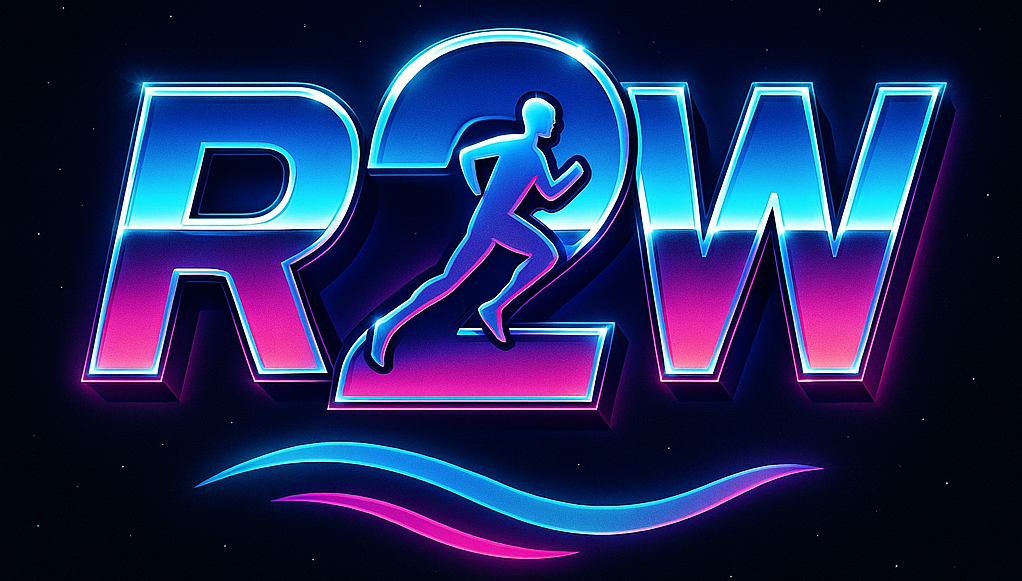When it comes to hitting the hay with more ease, daily runs could be doing more for you than just toning your legs. Running helps synchronize the body’s internal clock, known as the circadian rhythm. This biological clock manages your sleep-wake cycle, telling you when it’s time to crash and when to rise and shine. Regular movement gets it ticking in harmony, which means falling asleep quicker and snagging that deep, restorative sleep we all crave.
Research is pretty clear: folks who move regularly—be it running or other exercise—tend to enjoy better sleep than those who don’t. Your body’s more attuned to the natural rhythms when you make a habit of getting out there for a run, which translates to more time snoozing and less time tossing and turning.
Running doesn’t just set your rhythm; it essentially helps regulate when and how well you sleep. For instance, regular runners often find that more energy spent during the day equals feeling more rested at night. It’s like a natural booster shot for your circadian rhythm. So, if you’re looking to bank some quality shut-eye, lacing up those running shoes can be a great place to start.
Running as a Natural Stress Reliever and Sleep Aid
Ever find that nothing beats the feeling after a solid run? That’s your body’s chemistry doing its happy dance. When you hit the pavement, your brain releases endorphins, those feel-good chemicals that lighten your mood and stress load. Regular runs could be your secret weapon against anxiety, which is a major player in how well you sleep.
But it doesn’t stop there. Running also chips away at those pesky cortisol levels. Cortisol, the infamous stress hormone, can keep you wired when you’d rather be winding down. By making running a part of your routine, you’re setting the stage for a brain that can switch from daytime alertness to sleepy downtime more smoothly.
Less stress buzzing around your head means your body is better set up for a good night’s sleep. Those evening runs? They’re not just about physical health; they’re about mental calm. With lower anxiety and stress hormones out of the way, your body can focus on relaxing and getting ready for some quality rest. So next time you’re feeling a bit frazzled, hit the trails and let running take the edge off.
Harnessing the Power of Running to Combat Sleep Disorders
Dealing with sleep issues like insomnia or sleep apnea can truly take a toll, but adding running to your daily routine might just be a game-changer. There’s plenty of evidence to suggest that regular physical activity improves sleep efficiency, which is all about maximizing the quality of your rest while you snooze.
For those wrestling with insomnia, running can help you spend more of your bedtime actually asleep rather than staring at the ceiling. The physical exertion not only makes you feel more pleasantly worn out by the end of the day but also helps your mind slow down, increasing the chances of falling and staying asleep.
And for sleep apnea sufferers, it’s not just about getting better quality sleep; it’s also about the potential for symptom relief through weight management. Regular running can contribute to shedding those extra pounds, which in turn can ease the symptoms of sleep apnea.
Even if you’re just starting with light jogging or brisk walking, every bit helps. Building a routine, even gently, makes a difference in how your body copes with rest challenges. Embrace running as part of your strategy to tackle sleep disorders – your future, well-rested self will thank you.
